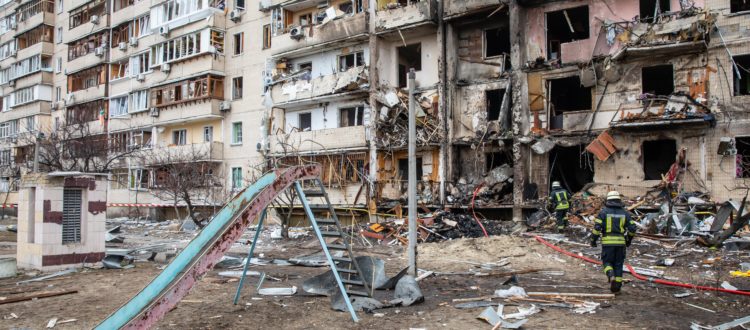Working in a Hostile Enemy Zone and PTSD
Post-traumatic stress disorder (“PTSD”) is a complex and potentially chronic condition that often occurs as a result of exposure to a traumatic event. PTSD can interfere with social and personal functioning, and as such, it is critical to identify risk factors that make certain groups of people more likely to experience the disorder.
It is well-known that military personnel and veterans are at a heightened risk of PTSD. While most research over the past 30 years focuses on military veterans, it is essential to note that PTSD often develops after one experiences or witnesses a traumatic event. Some common situations that can lead to PTSD are exposure to combat zones, personal assaults, and natural disasters.
While service members are often the most engrossed in combat zones, it is important to note that many other people serve roles on military bases and around combat zones. For instance, private military contractors often experience similar exposure to hostile enemy zones. Unlike military personnel, these contractors do not typically have the same level of support after exposure.
In addition to training, the severity of exposure, and post-event support, scientific literature indicates that other factors can indicate whether a person will develop PTSD. Certain risk factors include age at the time of the trauma, sex, minority status, socioeconomic statute, and lack of social support. The scientific methods for assessing severity are generally consistent in studies involving veterans. For instance, some studies noted that those with PTSD exhibit hypothalamic-pituitary-adrenal axis disorder. Another study speculated that those with PTSD have abnormal levels of catecholamine. Additionally, studies indicate that immunological changes may impact the occurrence and longevity of PTSD.
While much research has been devoted to military veterans, the lack of standardized measurements makes it difficult to ascertain specific risk factors for other groups of people. Thus, many private military contractors find themselves experiencing PTSD without proper psycho-social or financial support. In these cases, military contractors should contact an attorney to determine their rights and remedies for the injuries they suffered because of their occupation.
Filing a PTSD Defense Base Act Claim
If you or someone you know needs help filing or appealing a Defense Base Act claim, contact the experienced lawyers at Friedman Rodman & Frank. The attorneys on our legal team have a long history of successfully representing private military contractors in their claims under the DBA. In addition to DBA claims, our team handles claims under the Jones Act and Longshore Act. We represent various types of employees such as those working under private entities on U.S. military bases, public work contractors, Foreign Assistance Act contractors, and subcontractors. Contact our office at 877-448-8585 to schedule a free DBA case evaluation with an attorney on our team.

